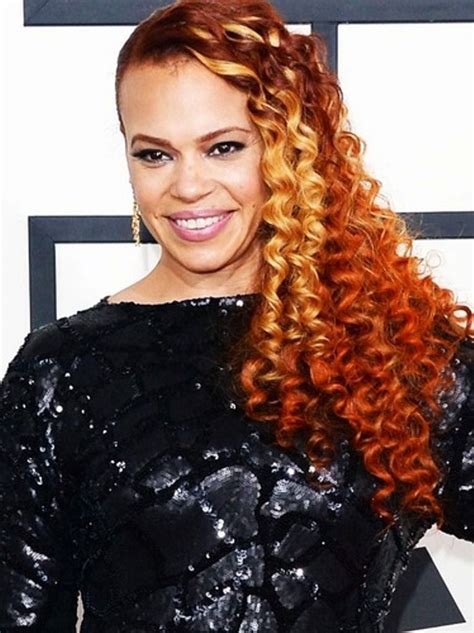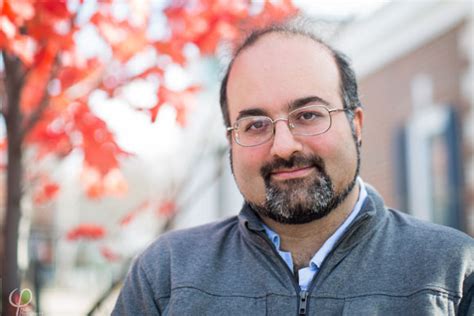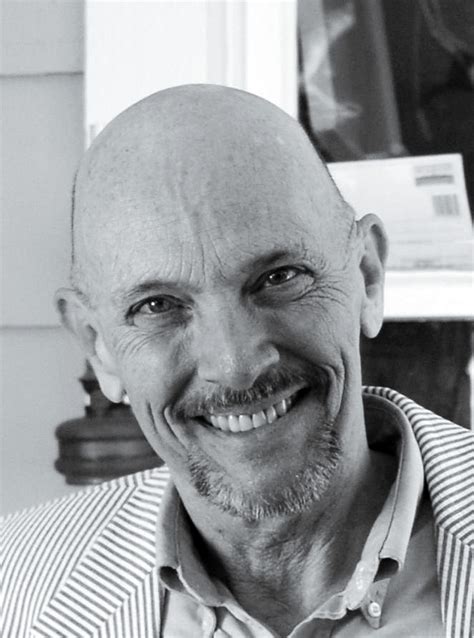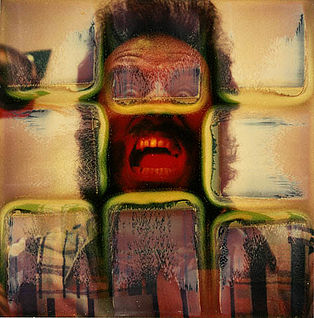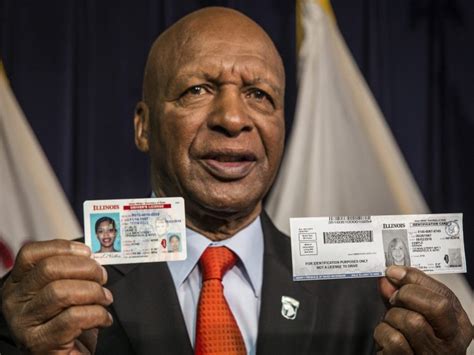A Quote by Justin Vernon
I could go on and on and on about how we use the word 'place' in so many different ways. About how somebody might ask you 'Where you at?' And they're not asking where are you sitting, where are you living, they're asking: 'How are you doing?
Related Quotes
When I ask, “How are you?” that is really what I want to know. I am not asking how many items are on your to-do list, nor asking how many items are in your inbox. I want to know how your heart is doing, at this very moment. Tell me. Tell me your heart is joyous, tell me your heart is aching, tell me your heart is sad, tell me your heart craves a human touch. Examine your own heart, explore your soul, and then tell me something about your heart and your soul.
I'm looking back at what I did and how it works. In a sense I'm waiting to see how people will respond. I'm waiting to see how you respond, without asking me to tell you what I think about it, because it is your job to give me an idea of how you go about thinking about this work. And if it's too absurd then, you know, I'll kick you out!
Lately, I'm thinking a lot about, in parenting and in my writing, how to create a language about sexism in a way that is attractive and approachable to this age group. I can teach my daughter about not talking to strangers but I can't teach her about how to succeed in a sexist world or even how to exist as a body in a sexist world. I want to begin by asking girls what they want and why they want it? Interrogating that. If this is the sex life you want, what makes you think you want that? I imagine the only way to authentically get at sexuality is by asking those questions.
I used to think that when I grew up there wouldn't be so many rules. Back in elementary school there were rules about what entrance you used in the morning, what door you used going home, when you could talk in the library, how many paper towels you could use in the rest room, and how many drinks of water you could get during recess. And there was always somebody watching to make sure. What I'm finding out about growing older is that there are just as many rules about lots of things, but there's nobody watching.
About the book of Job: If it were today, God might be asking "How does DNA carry traits? How are instincts passed on in animals? How does consciousness arise in the human body and brain, and what is consciousness? What is dark matter? How did the big bang happen? Why does the speed of light appear to be absolute? Is cold fusion possible? How do you program a TV remote control?
When you go to that other country you realize that in France and in England, you don't ask somebody what they do for a living when you meet someone. A lot of the obvious things, the shortcuts we take in America - in America you can talk about money all you want. You can ask how much they make, rent they pay, how much their house costs and how much their car costs, and they'll feel comfortable telling you. But it's scandalous to ask anyone in England or France a question like that.
Street politics is what happens in our everyday life, living in the bando. It's the environment around us and what we doing in the streets. We [Migos] talking about how many snakes there are in the grass and talking about how people can hurt you, and talking about how that can help you gain knowledge.
Some men and women are inquisitive about everything, they are always asking, if they see any one with anything they ask what is that thing, what is it you are carrying, what are you going to be doing with that thing, why have you that thing, where did you get that thing, how long will you have that thing, there are very many men and women who want to know about anything about everything.

